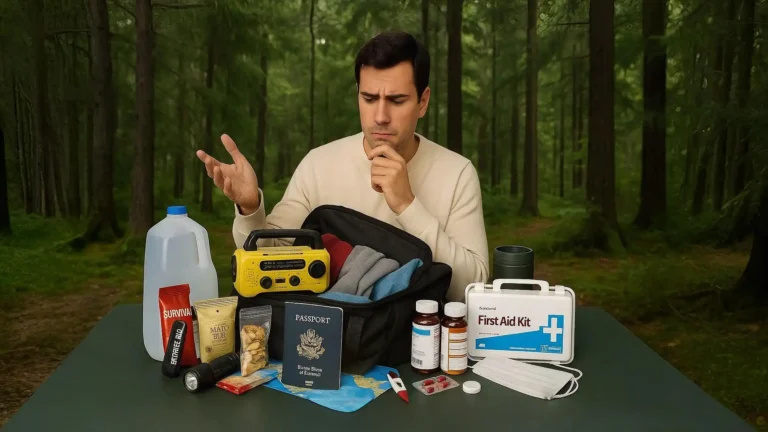How to prepare yourself before war?
Being prepared is your superpower in a world where anything can happen, from national emergencies to natural disasters. Taiwan’s Ministry of National Defense’s “All-Out Defense Handbook” is an effective resource for ensuring that all citizens remain strong, intelligent, and safe during emergencies.
Table of Contents
It’s simple to forget how fast things can change. But the reality is straightforward: crises can happen anywhere, at any time, whether they are caused by a natural disaster, cyberattack, or even war.
The purpose of the All-Out Defense Handbook is to equip all citizens, regardless of age, with the necessary skills to endure and remain safe in times of emergency. The goal is not to encourage fear. It’s about increasing readiness, awareness, and confidence. This guide is more than just a manual, to put it briefly. It serves as a lifeline. It gives regular people the ability to take deliberate action when it counts most.
- Emergencies are unpredictable: There may be little to no warning before an earthquake, power outage, or national security threat occurs.
- Prepared people stay safer: Being aware of what to do can help you protect others and save your own life.
- Family and community depend on you: Being ready not only benefits you, but it also gives your loved ones more strength.
- Knowledge reduces panic: This handbook provides calm, straightforward instructions on what to do, when to do it, and how to do it.
Step 1: Understand Why Preparedness Matters
Emergencies don’t wait. Knowing what to do in the event of an earthquake, blackout, or military threat can save lives, including yours. Your action plan is contained in this handbook.
Tip: Keep in touch with local police or authority.
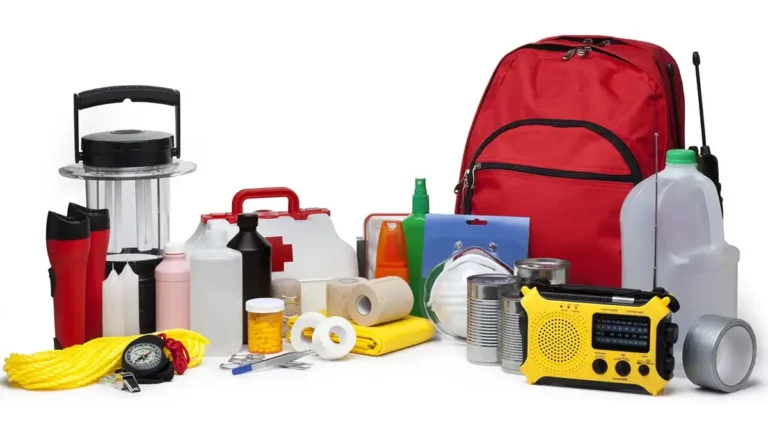
Step 2: Build Your Emergency Go-Bag
Pack the essentials today—don’t wait for tomorrow. Here’s what to include:

Water (at least 3 liters per person per day)

Non-perishable food (ready-to-eat meals, canned goods)
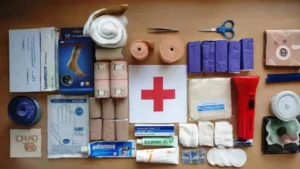
First aid kit

Flashlight and extra batteries

Power bank

Radio (battery-operated or hand-crank)

Copies of important documents

Whistle, gloves, mask, and cash
Tip: Keep in touch with local police or authority.
Step 3: Know the Evacuation Routes
Safe routes and designated shelters are already in place in your community. Don’t wait for chaos to happen; learn them now. Consult public maps or local authorities to:

Identify the nearest shelter

Practice the route with your family

Mark it clearly on a map at home
Step 4: Stay Connected, Stay Informed
Communication is essential during a crisis. Here’s how to remain informed:
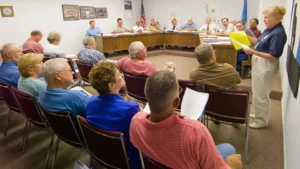
Pay attention to official channels, such as SMS alerts, radio broadcasts, and local government apps.

Keep backup batteries on hand and make sure all devices are charged.

Establish a family check-in schedule using messaging apps or text messages.
Step 5: Learn Basic Survival Skills
Understanding the fundamentals could change everything. Put these into practice:
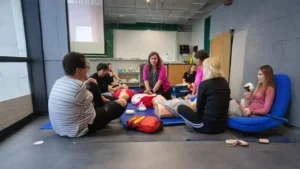
First aid: CPR, wound care, and how to use a defibrillator
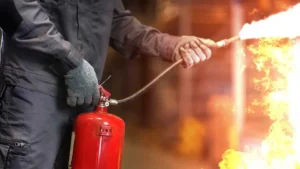
Fire safety: how to use a fire extinguisher

Water purification: using tablets or boiling
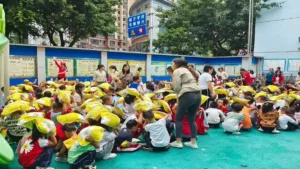
How to shelter in place or evacuate safely
Step 6: Know What to Do in Different Emergencies
Every situation, whether it’s an earthquake or an air raid, requires a different reaction:
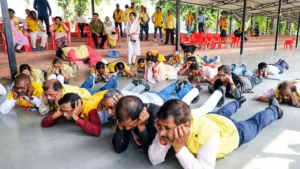
During an Air Raid:
- Go underground or to a shelter.
- Avoid windows.
- Keep your head protected and keep your head down.
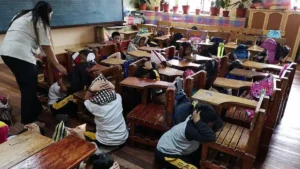
During an Earthquake:
- Hold on, drop, and cover.
- Avoid large furniture and glass.
- When the shaking stops, calmly evacuate.
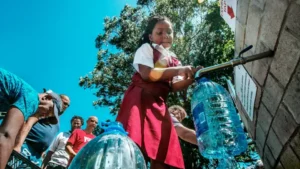
Power/Water Cuts:
- Make use of emergency lighting
- Save water.
- To preserve food, keep the refrigerator closed.
Step 7: Plan as a Family
Prepare for disasters as a team. Together, do this:
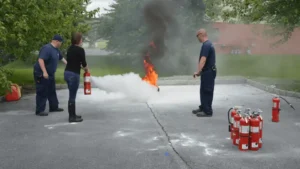
Set regular drills at home

Practice evacuations

Assign responsibilities: who gets the bag, who looks after the elderly or pets?
Step 8: Spread the Word
Your entire community will be safer if more people are ready. Assist others:

Share what you’ve learned

Assist elderly neighbors

Join or start a local prep group

National
Emergency number (Fire, Police, Ambulance) – 112

Road
Accident – 1073

Disaster
Management – 108

Medical helpline -104

Indian Railway
Security Helpline – 1322

Tourist
Helpline number – 1363

Earth-Quake
Help Line Service – 1092






